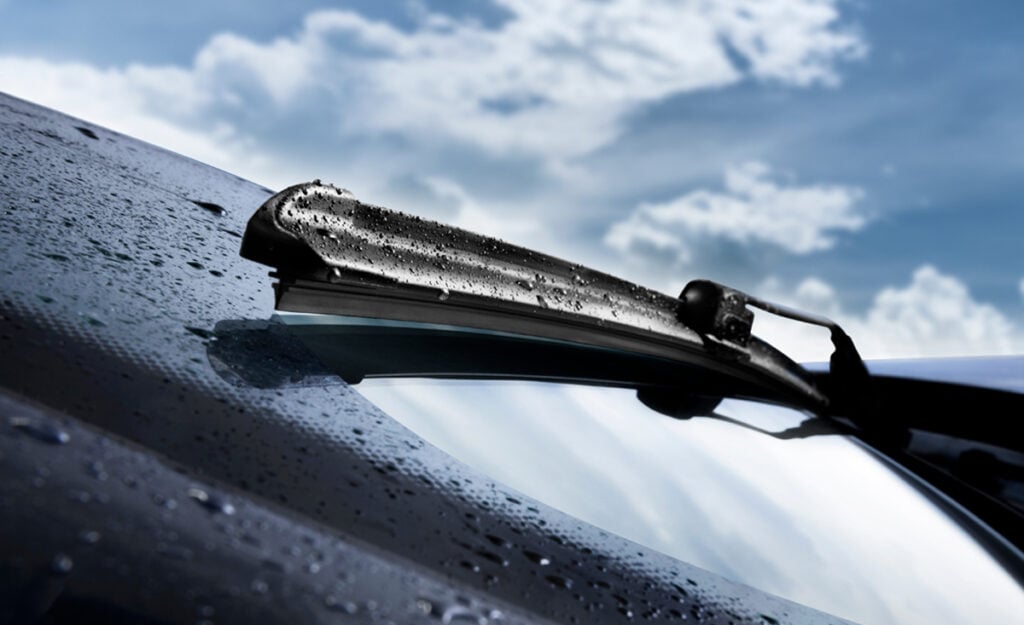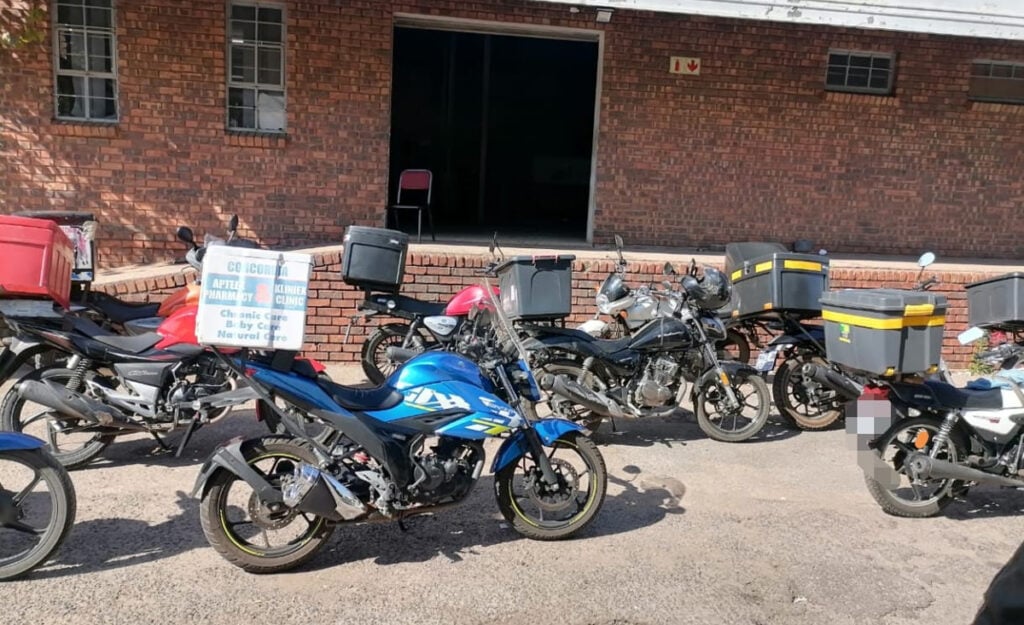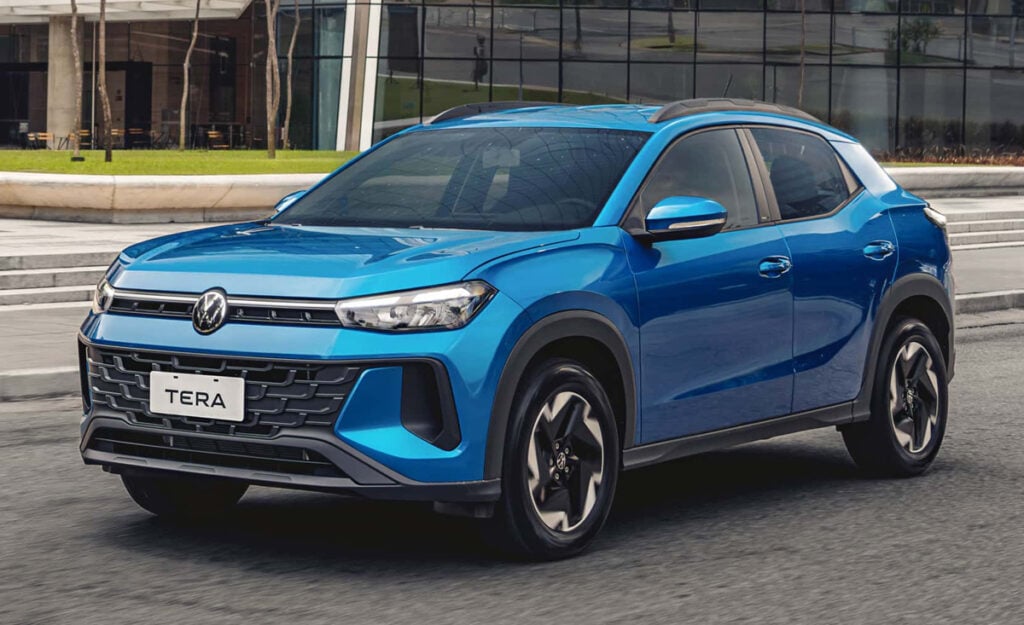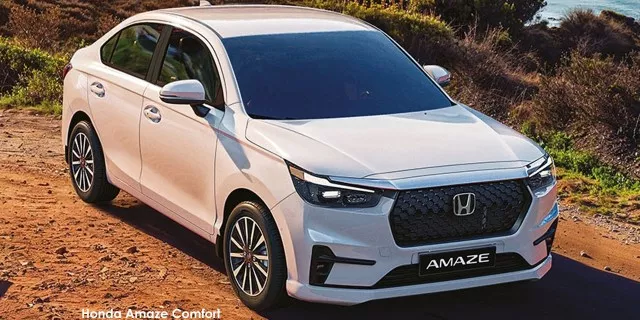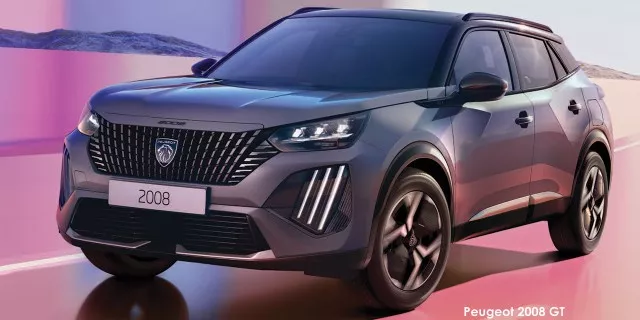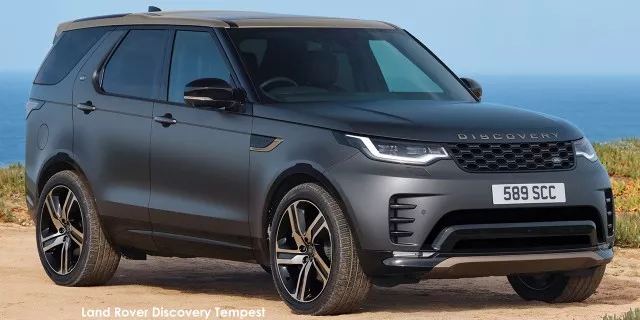
WeBuyCars CEO Faan van der Walt has warned consumers who are interested in Chinese vehicles to consider whether the brand will still be in South Africa by the time they want to sell.
The country welcomed numerous Chinese carmakers in recent years offering excellent perceived value for money when compared to their long-established rivals.
Just in the past few years, we’ve witnessed the arrival of BYD, Dayun, Foton, GAC, Jaecoo, Jetour, LDV, Maxus, MG, and Omoda.
If that wasn’t enough, South Africa is set to receive at least five more nameplates from the People’s Republic this year alone, encompassing Geely, Dongfeng, Denza, Riddara, Changan, and Deepal.
Speaking to News24, Van der Walt admitted that he has been “pleasantly surprised” by what the Chinese companies have come up with.
However, he indicated that the onslaught is unsustainable.
“They are here to stay, but the market needs to sort itself out over the next few years because not all of these, let’s call it 20 different makes and models that are now available in South Africa, will make it in the end,” said Van der Walt.
After all, 31.44 million vehicles were sold in the Asian nation in 2024 versus 515,712 in Mzansi, meaning China sells five times more cars in one month than South Africa does in a year.
Combine that with the lower purchasing power of local consumers, and it becomes clearer that the domestic market simply can’t absorb all these new manufacturers.
Should a particular Chinese supplier not reach the heights it wanted to in South Africa, it may just pack its bags and exit the country as we’ve seen numerous times in the past.
This will likely leave the handful of customers who did support it without any after-sales assistance and make it tough to find parts if something inevitably goes wrong.
It will likely also cause other troubles such as higher insurance premiums as the car will now be more expensive to replace as well as repair.
In a similar vein, Van der Walt noted that Chinese brands do not yet have a proven track record when it comes to customer care after the initial purchase was made.
“It’s like buying a printer. You get it for a good deal, but afterwards, the cartridges are really expensive,” said the expert.
“So, we haven’t seen what servicing and parts are going to be like for these brands.”
These are factors local consumers must take into account before pulling the trigger on a shiny new Chinese ride.
Despite the warnings, Van der Walt said he now more than ever believes that Chinese vehicles could make up 40% of the South African market in the next five years as they remain undeniably value packed.
Trade-in values

Another pertinent risk with new carmakers is long-term value retention.
Obi Mokoditwa, used sales manager at Eagle City in Joburg, recently revealed that the dealer witnessed a car from a new manufacturer lose approximatly R300,000 in value in a matter of three months.
While he didn’t mention any specific brands by name, he did say that the particular vehicle was from one of the new market entrants – the majority of which are Chinese.
Mokoditwa tells a story of a motorist who walked through Eagle City’s doors in February this year with the goal of trading in their newly purchased car which he got in December 2024 for the sum of R680,000.
He was bedazzled by the vehicle’s futuristic design and long list of creature comforts that nothing else in the price class offered.
Unfortunately, the owner’s circumstances changed and he could no longer afford his prized possession, so he went to trade it in after covering only 3,000km.
“We contacted the franchise dealership of the same brand to determine the trade-in value,” said Mokoditwa.
“Their response? R380,000 maximum. Let that sink in.”
In only three months the vehicle had lost a staggering R300,000, or 44%, in value.
This becomes even more alarming if you consider that new cars usually only depreciate by 20% in the first year.
“Honestly, I couldn’t believe it at first. I thought maybe there was a mistake. But no, it was accurate, and this wasn’t an isolated incident,” said Mokoditwa.
“So, what does this tell us? It tells us that while these vehicles offer attractive features upfront, they can be devastating when it comes time to sell or trade in.”
After-sales value usually improves the longer a manufacturer operates in a country.
A long track record shows that its vehicles have proven reliability, parts availability, aftersales service, and buyer demand in the used market.
It is this demand that keeps prices steady and trade-in values strong.
“Make sure you’re making that purchase with your eyes wide open, not just dazzled by the tech on the dashboard,” concluded Mokoditwa.
“After all, saving R50,000 today means little if you lose R300,000 tomorrow.”
